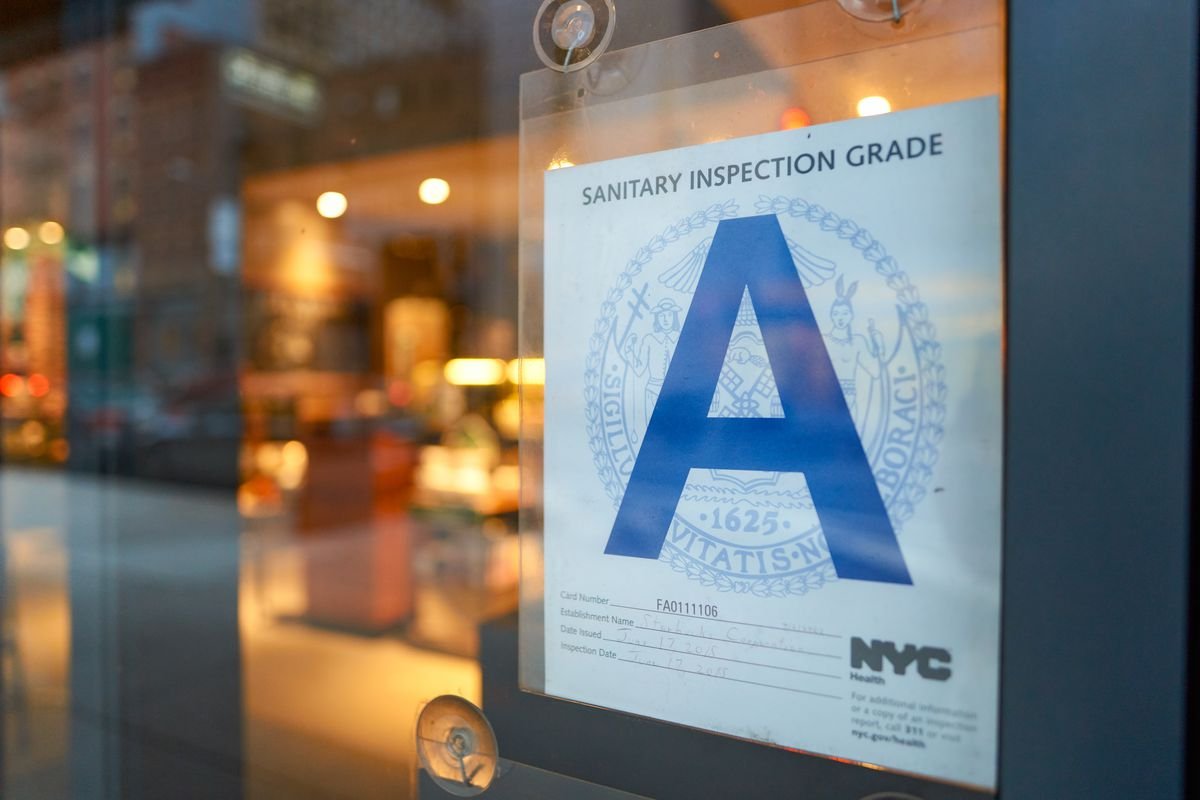
Tips on How Restaurants can Pass the Health Inspection
Food businesses like Restaurants are undeniably an essential part of our everyday life. They offer a setting where we may savor a delicious meal with family and friends, celebrate important events, or grab a fast lunch on a tight schedule. However, these restaurants should always be kept clean and safe to secure the public’s health and welfare.
Local health agencies conduct health inspections to ensure restaurants adhere to the correct standards and procedures for food safety. These checks are essential to safeguarding the general public’s health, ensuring that the food servers have a food handlers card, and stopping the spread of food-borne diseases.
Significance of a Health Inspection
Running a restaurant effectively requires upholding a high standard of cleanliness and hygiene. Therefore, passing a health inspection is one of the most crucial procedures in guaranteeing the safety of the food served. Another is getting a food handlers card as proof of completing the necessary training.
Restaurants must adhere to health and safety standards. Thus frequent health inspections are performed. Losing your company license or being sued are only two significant repercussions of failing a health inspection. In the following sections, we’ll review advice to assist restaurants passing health inspections with flying colors.

Employee Food Safety Training
To pass a health inspection, ensure all personnel has received food safety training and a food handlers card. This involves knowing the correct methods for handling, storing, and preparing food. In addition, every employee has to have a fundamental understanding of food-borne diseases and know how to avoid cross-contamination.
Ensure that personnel receive frequent training to inform them of any changes to food safety rules.
Kitchen Clean Up
For a kitchen to pass a health inspection, it must be spotless. Employees should maintain proper hygiene by often washing their hands, and all surfaces should be cleaned and sanitized regularly. In addition, ensure everything is stored appropriately and that all places used for food preparation are clutter-free.
Proper Food Temperatures Maintenance
Food maintained at the wrong temperature is one of the most frequent infractions of health codes. Verify that all freezers and refrigerators are in good functioning order and are set to the appropriate temperature.
Additionally, staff members with a food handlers card should use a food thermometer to ensure food is prepared to the proper internal temperature and preserve food at the proper temperature.
Right Food Product Labeling
The date that each food product was manufactured or received should be clearly stated on its label. This includes food kept in the pantry, freezer, and refrigerator. In addition, the item’s name, the date it was cooked or received, and any other pertinent information should all be readable on the labels.
Proper Chemical Storage
A separate space, away from food items, should be utilized to keep any chemicals used in the restaurant, including cleaning and pest control goods. Ensure all chemicals are stored in original containers and correctly labeled. Employees should also get training on safe chemical handling.
Record Keeping of All Cleaning and Maintenance Activities
Maintaining thorough records of all cleaning and maintenance tasks is crucial to passing a health inspection check. This lists the times the kitchen was cleaned, the equipment was maintained, and the staff was instructed on food safety procedures. Ensure that all records are current and are kept in a place that is both secure and easily accessible.
Consequences of a Health Inspection Failure
Restaurants may suffer significant repercussions if they fail a health inspection. A failed inspection may be a massive setback for a restaurant since it can result in financial losses, legal action, and reputational harm.
But, more significantly, it may endanger customers’ and staff’s health and safety. To prevent the consequences of a failed health inspection, restaurant owners should take the required steps to verify that their establishment is adhering to strict food safety and sanitation protocols, such as requiring staff to get a food handlers card.

Frequently Asked Questions:
Why is health inspection important?
These inspections serve various specialized purposes, such as locating existing or potentially dangerous situations, figuring out the root causes of the dangers, and keeping an eye on risk controls.
What is a food safety inspection?
A strict inspection procedure to identify microorganisms, pathogens, and other dangerous components in food is called a “food safety inspection.” Every company and industry that deals with meals and beverages follows this standard operating procedure. Therefore, everyone working in the sector is required to conduct regular inspections of the food supply.
How often can a local health inspector enter your restaurant to inspect you?
A local health inspector may perform one to three inspections on a facility annually. The frequency is determined by the danger to public health posed by the food items served, the techniques used in food preparation, and the food facility’s operational history.
The Bottom Line: What We Know
A restaurant’s success depends on its ability to pass a health inspection. Restaurant owners and managers may ensure that their business is hygienic, secure, and up to code by following these suggestions.
One way is to attend necessary training sessions and get a food handlers card. To pass a health inspection, remember that following proper food safety procedures and keeping thorough records are essential.




